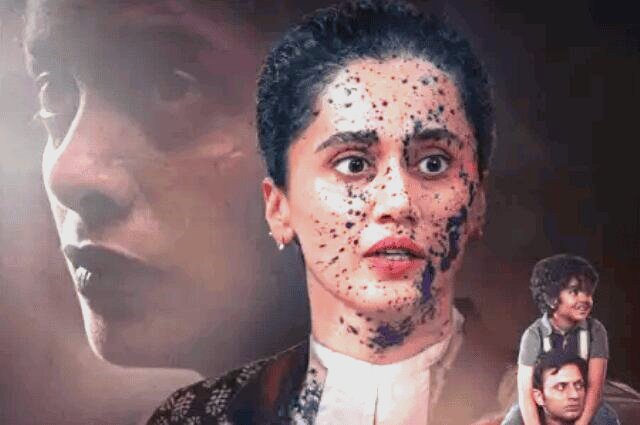
Bihari Identity Takes Centre Stage As Campaign Picks Up
With campaign in Bihar peaking up post Chhath festival, the spiritual carnival in itself has become a poll issue. Rahul Gandhi in his first election rally took potshots at Prime Minister Narendra Modi’s public observance of Chhath Puja, describing it as a “drama” orchestrated for votes. He criticised Modi for planning to bathe in a specially-built pond by the Yamuna in Delhi during the festive ritual, pointing out that the river water is dirty and that the temporary set-up was staged.
In response, the BJP and its allies launched a fierce broadside. They accused Gandhi of insulting the faith and cultural sentiments of Bihar’s people. Union ministers and state allies demanded a public apology, saying his remarks crossed the line of decency and disrespected the festival of Chhath and the devotion of its practitioners.
Prime Minister Narendra Modi has himself taken forward the attack. Speaking at a rally in Muzaffarpur, Modi turned Rahul Gandhi’s statement into a political counterattack, saying that for Rahul, “the worship of Chhathi Maiya is just drama and theatrics.” Modi accused him of insulting a sacred festival merely to seek votes, turning the comment into a new weapon in the Bihar election battle.
For the uninitiated, voting in Bihar will be held in two phases: on November 6 and 11, and the results will be announced on November 14.
Rahul Gandhi, the Leader of Opposition in the Lok Sabha, had said during his rally in Muzaffarpur that “Narendra Modi has nothing to do with the Yamuna, nor does he have anything to do with Chhath Puja. He only wants your votes. If you tell him to put on a drama, he will do it. Tell him, ‘Modi ji, we’ll give you our votes, come on stage and dance.’ He will dance. Just try it once. Tell Modi ji not to give a speech but to dance on stage he will do it. He’ll do whatever you want before the election, but after the election, you won’t see him again.”
As Chhath holds deep emotional significance in Bihar, the controversy has become a cultural flashpoint in this election. The festival spat has sharpened the electoral battle lines in Bihar, with the BJP using the issue to portray itself as the defender of local culture and faith and the Congress trying to shift the focus to governance, jobs and alleged electoral manipulation.
Playing on emotional and cultural connections during elections is not new, though the style and intensity have evolved over time. Whether it’s Mithilanchal, Bhojpur, or other regions, every area has its own traditional ways of showing respect and creating local bonding. In Mithilanchal, these cultural tokens are deeply ingrained and often serve both as a means of social connection and as a political tool during elections.
Such emotional touch-points are used to form personal connections with voters and motivate them to vote by appealing to their cultural pride and local identity. Politicians blend emotional and populist appeals with personal stories to appear relatable. For instance, Bhojpuri leaders use the gamchha as a mark of respect and often enjoy litti-chokha (an indigenous dish) with locals to show their affinity with regional traditions. Similarly, chadar poshi at religious shrines serves to connect with specific communities, symbolizing cultural respect while subtly expanding the political base.
When Prime Minister Narendra Modi visited Samastipur, he was honored with a paag (traditional headgear), a garland made of makhana (fox nuts), an idol of the Sun God, and a Mithila painting, all strong symbols of Mithilanchal’s culture. In his speech, Modi expressed gratitude to the people of Mithila by mentioning paag, makhana, and maachh (fish), effectively weaving himself into the cultural fabric of the region.
However, misuse of such cultural symbols may sometimes turn into a major embarrassment. A recent example is from Alinagar Assembly constituency, where BJP candidate and folk singer Maithili Thakur faced backlash. During one of her campaign events, Ketki Singh, a BJP MLA from Ballia (Uttar Pradesh), caused outrage by saying, “The real symbol and pride of Mithila is not the paag, but Maithili Thakur herself.” She then threw the paag on the table, an act that offended local sentiments and angered party workers and residents alike.
The controversy deepened when a video surfaced showing Maithili Thakur using a as a bowl to eat makhana while talking to voters. This gesture was perceived as disrespectful to the traditional Mithila headgear, further fueling resentment among Mithila culture enthusiasts. In short, emotional connect has become both an art and a strategy in Bihar’s elections, one that can win hearts when done right, or cost dearly when misjudged.



